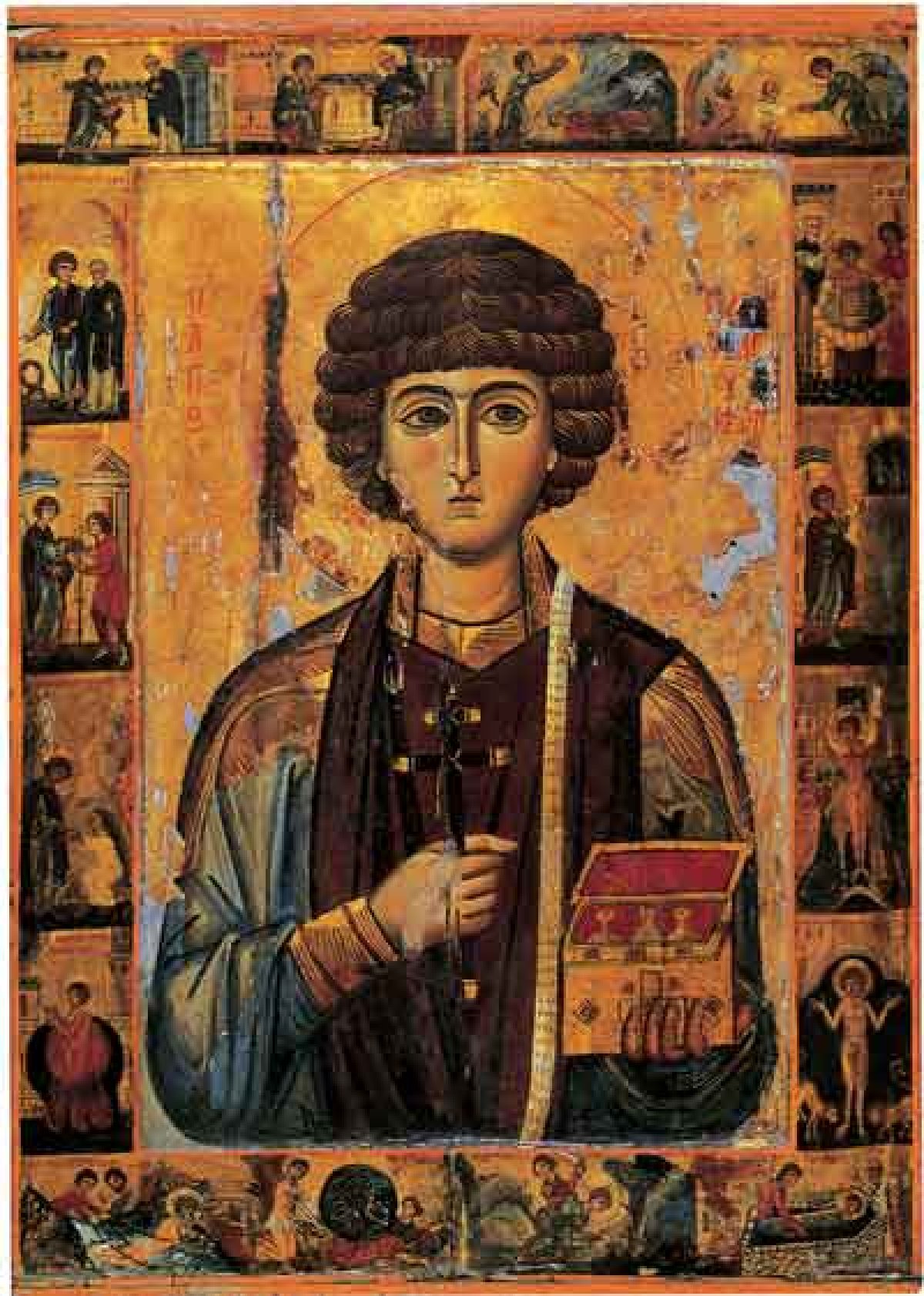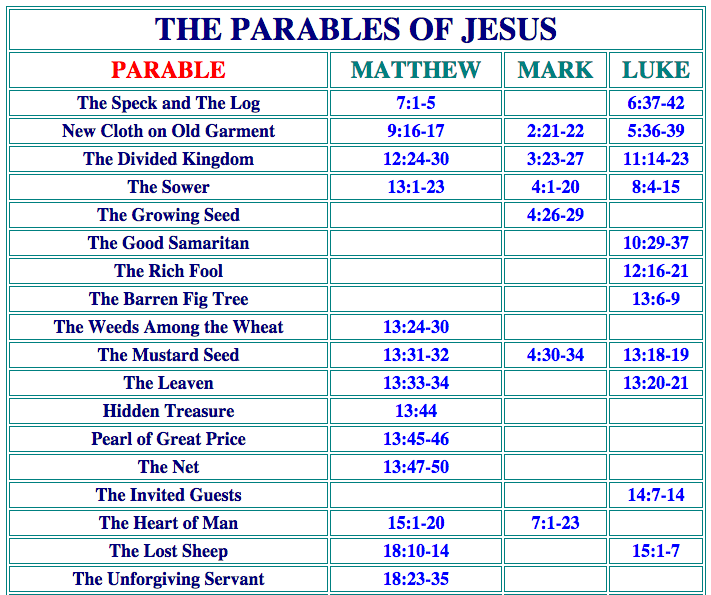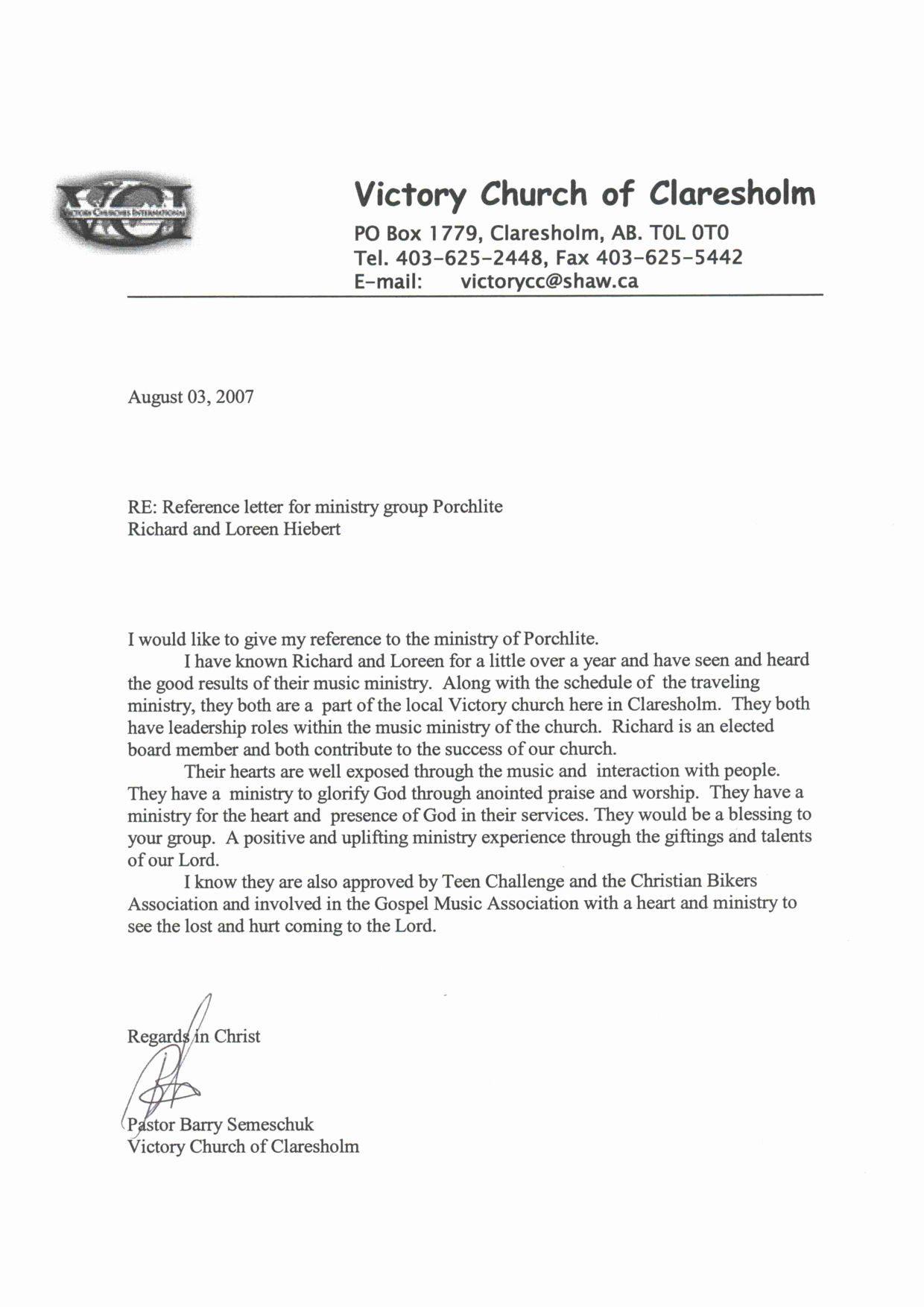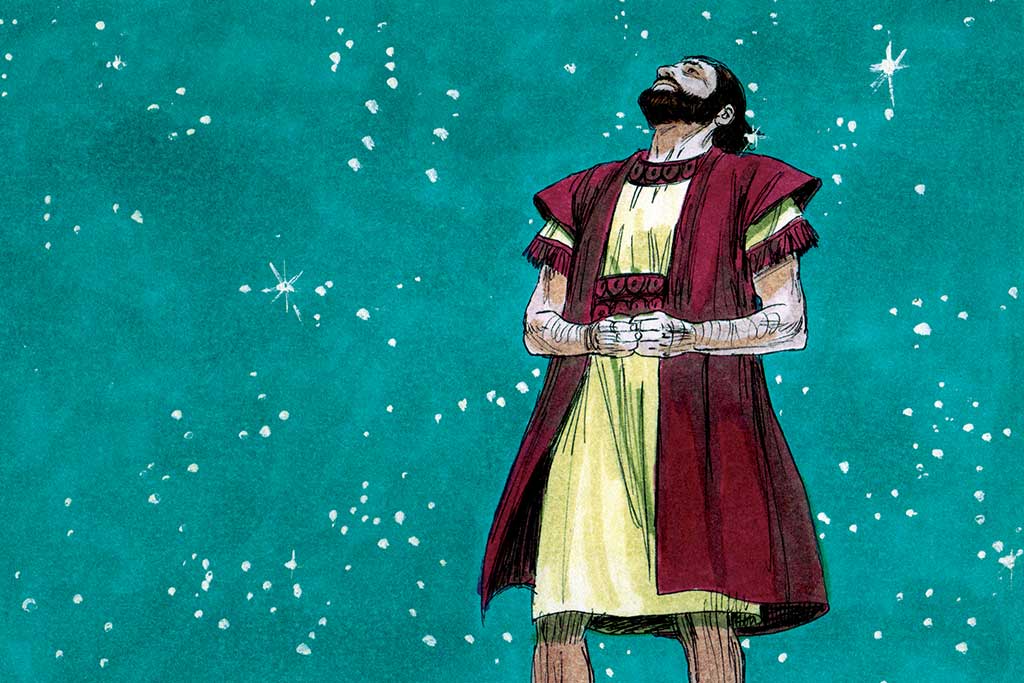14 Books Removed From The Bible Pdf
14 Books Removed From The Bible Pdf
The Book of Baruch, found in the Septuagint and Vulgate, is not to be confused with Baruch, the friend of Jeremiah (Jeremiah 36:4). They are both mentioned in Acts 15:32 as having been inspired by God. In this book we find an account of the prophet Jeremiah’s secretary who wrote down his prophecies; it is also called “The Epistle of Jeremy”.
Abonitte, the daughter of Shammai, the Pharisee.
Abonitte, the daughter of Shammai, the Pharisee
Abonitte was married to Tobias. She was a very pious woman and she raised him as a good Jewish son. Abonitte became a widow when her husband Tobias died, but she did not remarry because she did not want to break the commandment that says “Thou shalt not commit adultery”. In this way, Abonitte made sure that she would have no reason to have any contact with men who were not her relatives until the day that God took her away from this world.
That Tobit was a saint of the olden times seems to be quite certain.
The Book of Tobit is a book of the bible that has been removed from many versions, including the King James Version. It is an apocryphal book originally written in Hebrew around 200 BC, during the Babylonian exile.
That Tobit was a saint of the olden times seems to be quite certain. It was not until later that he became relegated to being “apocryphal” or uninspired by some groups within Christianity. The book itself tells us something about how it came into existence and how it circulated before anyone knew anything about its status as scripture or non-scripture: it was written on papyrus paper (a common writing material at this time), folded up into tiny packets, then rolled up like scrolls; they were called “Tobit papyri” because they contained his story (see 1:9). Even though there are no remains of these ancient documents today—papyrus lasts only several hundred years—there are still over 100 extant manuscripts from various locations around Europe and Asia Minor dating back as far as AD 400!
We cannot indeed be sure that this book was in the Bible already in 200 B.C.
We cannot indeed be sure that this book was in the Bible already in 200 B.C., because we do not know what was included in the original canon, and since then there has been so much tampering with it. We do not really know when or how many times these books were removed from the Bible.
This Book of Wisdom is not identical with the book of Proverbs, for instance, nor is it a collection of moral maxims such as we find in the book of Proverbs.
The Book of Wisdom is not identical with the book of Proverbs, for instance, nor is it a collection of moral maxims such as we find in the book of Proverbs. The author does not say anywhere that he wrote it by inspiration; and his advice is sometimes very worldly. He advises us to be rich, but not to make ourselves poor by senseless expenditure; he tells us that wealth obtained unjustly may turn out to be a curse rather than an advantage; and he explains why this should be so: “For they have sown the wind,” he says (i:11), “and they shall reap the whirlwind”—a terrible but true saying which reminds one of certain modern economists who say that goods will come down in price when there are more goods produced than can be used up in buying them! And yet some people think these verses sound like those ascribed by many Christians today to St Paul!
The true origin and worth of this work have not been ascertained; both Jewish and Christian scholarship agree in regarding it as a very late production, perhaps not earlier than the second century A.D.
The true origin and worth of this work have not been ascertained; both Jewish and Christian scholarship agree in regarding it as a very late production, perhaps not earlier than the second century A.D. It is found only in the Greek Bible; and at one time it was thought that the book was written originally in Greek, though there are good reasons for believing that it was composed in Alexandria (Egypt) during the reign of Ptolemy Philadelphus (285–247 B.C.), and translated into Hebrew by his son Eupolemus about 130 B.C., so as to make it acceptable to Jews who were studying Greek philosophy through Aristobulus I or II, whom they had set up as their teachers instead of Rabban Gamaliel II (Aramaic: Rabban Yohanan ben Zakkai). This version has come down partially under the name of “The Wisdom of Solomon,” which may be regarded either as an alternative title given by some editor, or else it represents an older tradition identifying this book with Solomon’s writing entitled “Soliloquies.”
This Book takes its name from Enoch, son of Jared, son of Mahalaleel, son of Cainan, son of Enos, who was the great-grandson of Adam (Genesis 5).
This Book takes its name from Enoch, son of Jared, son of Mahalaleel, son of Cainan, son of Enos, who was the great-grandson of Adam (Genesis 5).
Enoch is the seventh generation from Adam. He is said to have been translated (i.e., taken away bodily) to heaven without tasting death; but that he prophesied by inspiration and wrote his prophecies in a book which was preserved till the flood. His age at translation was 365 years; his prophetic books were lost in the deluge but recovered after it through revelation and translated into Chaldee by Ezra (Jewish Encyclopedia). The Book contains one hundred and forty chapters.
As regards this Book there is one thing that all scholars are now agreed upon, namely that the original language in which it was written was not Hebrew but Greek.
As regards this Book there is one thing that all scholars are now agreed upon, namely that the original language in which it was written was not Hebrew but Greek. The Greek text of the Book is older than the existing Hebrew, and from internal evidence we can see that it was translated from a different version.
Before we go any further, let us give a brief account of how this Book came to be written and what its contents are; but first let us try and discover how many different languages were used by Moses in writing his work.
The two principal languages were Hebrew and Greek, but there were several others as well: some say he wrote in Egyptian or Chaldean or Phoenician or Syriac or Arabic; others assert that he used Latin or Persian; while still others hold the opinion which seems most probable—that he penned at least part of his work in Ethiopic since this language has been found among those parts where certain tribes live who claim descent from Abraham through Keturah (Genesis 25:1).
These last chapters are a story which we find also in Josephus’ Antiquities (Book VIII); and so many other stories concerning Baruch are given by this Jewish writer that Baruch must have been a popular figure among the Jews.
The last chapters of Baruch are a story which we find also in Josephus’ Antiquities (Book VIII); and so many other stories concerning Baruch are given by this Jewish writer that Baruch must have been a popular figure among the Jews.
The book itself is written in Aramaic and contains no original matter. It consists of two parts:
(1) Chs 1–36 contain prophecies spoken by Jeremiah for his secretary, who took them down on tablets; these relate to Judah’s fall at the hands of Babylonian invaders, and have nothing to do with Baruch except as he undertook their transcription from Jeremiah’s dictation.
(2) Chs 37–45 contain oracles against foreign nations; they were probably collected at a later date than those in 1–36, as they refer to events occurring after Jeremiah’s time (e.g., Nebuzaradan’s capture of Jehoiachin).
It is more than likely that this Book was written by a Jew who lived after the destruction of Jerusalem and the Temple, but before Christ.






